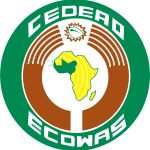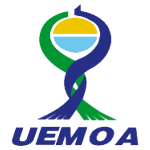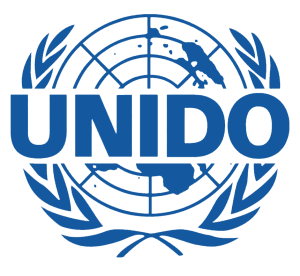Burkina Faso is a West African country with a rapidly growing. The country is a landlocked nation which shares borders with six other West African countries, namely Mali, Niger, Benin, Togo, Ghana and Côte d’Ivoire. The capital of Burkina Faso is Ouagadougou and its equally the largest city. The major economic activity in Burkina Faso is Agriculture which is popularly practised at a subsistence level.
Value Chains
Cotton
Agriculture has been one of the key drivers of economic growth in Burkina Faso. A majority of the Burkinabe population is employed within the agricultural sector, which continues to account for a significant share of economic output even though the economy has been growing. Over the past 15 years, the agricultural sector added a considerable share of revenue to the national GDP.
Cotton has historically been Burkina Faso’s most important crop in economic terms, which is evident from the sector’s role as the country’s largest generator of export earnings for several years. These have provided Burkina Faso with a stable source of foreign currency which has accelerated economic development in other sectors. Improving the cotton value chain will strengthen other sectors of the economy and create more employment opportunities for women and youth, particularly in cotton oil processing, which is often neglected.
Honey
Burkina Faso offers many opportunities for the production of honey and beeswax. However, the beekeeping sector is still in its infancy, using traditional techniques that are not very productive and have little added value for producers. The programme will help beekeepers in Burkina to develop more productive beekeeping, which will help improve the quality and accessibility to beekeeping equipment, stimulate rural development, generate employment opportunities and market access for local farmers, particularly women and young people.





